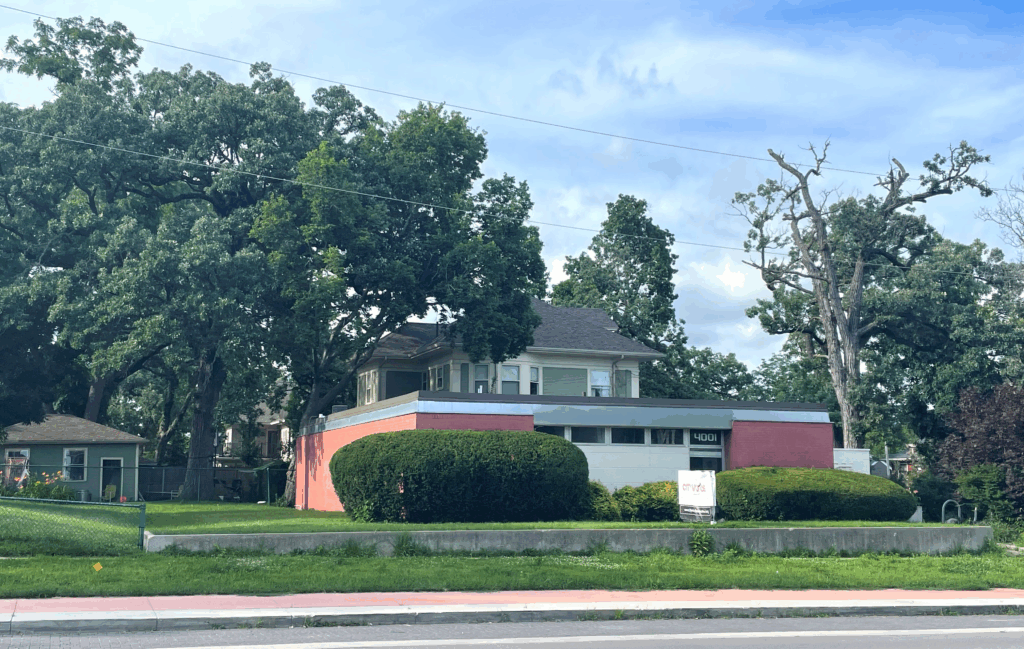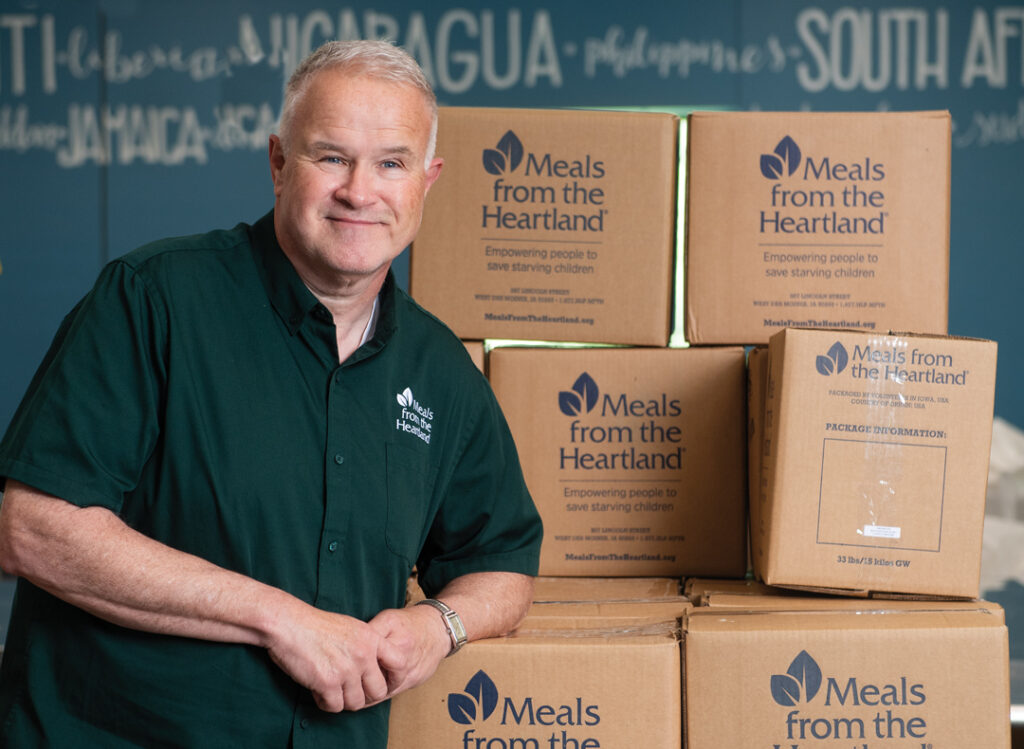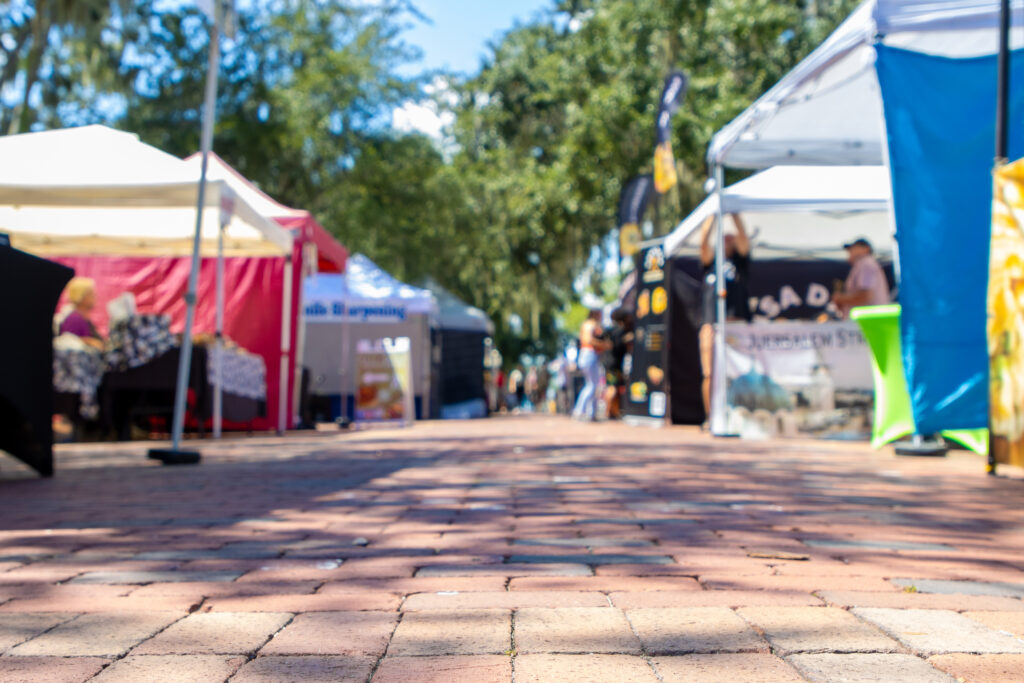A Closer Look: Jo Christine Miles
Director, Principal Community Relations and the Principal Foundation Inc.

JOE GARDYASZ Jun 29, 2021 | 4:27 pm
6 min read time
1,452 wordsA Closer Look, Arts and Culture, Business Record Insider
After her husband accepted a position in Des Moines in the fall of 2019, Jo Christine Miles was at first doubtful that Iowa’s capital city would provide any opportunities that fit her background and education.
Living and working in New York City, Miles had recently left a successful career as a corporate restructuring lawyer with one of the country’s largest law firms to become a philanthropy consultant. In that role, she provided expertise to a number of influential private foundations and nonprofits, including the Rockefeller Philanthropic Advisors, the New York State Health Foundation, the Nathan Cummings Foundation, the New York Women’s Foundation, and the Lincoln Center for Performing Arts. She previously was a public policy fellow for Philanthropy New York, where her work focused on equitable and inclusive philanthropy, gender equity, health and international grant-making.
In October 2020, Principal Financial Group announced that Miles would lead Principal’s corporate and nonprofit philanthropic initiatives as director of Principal Community Relations and the Principal Financial Group Foundation Inc. In these roles, Miles oversees the breadth of efforts at Principal and the Principal Foundation to strengthen communities around the world through grant-making, employee and match giving, volunteerism, research and sponsorships.
How did you become aware of Principal Financial Group, and what about Principal attracted you to join them in this position?
Well, to be perfectly honest about that, there was an active recruitment of my husband [by Principal]. And he and I talked extensively about the company during the recruitment process. There was a point in the process where I came out and met folks, and we were both quite impressed with the company and the individuals who were involved in his recruitment. My husband commuted between New York and Des Moines starting in October 2019, and the boys and I were slated to move in 2020 when the New York City schools completed their academic year. But the pandemic intervened, and the boys and I came in March. And it was one day in the summer in 2020 that I happened to be on LinkedIn and saw a posting for the foundation role.
Tell me about your early life experiences. Were they formative to your career?
My childhood was a bit unusual in that I can’t claim a particular neighborhood, city or subset of schools as my anchor. … I moved just about every two years as a youngster. I went to four different high schools in two different states and in one other country. I’ve lived coast to coast — California, Alabama, New York. The longest I had been anywhere was the four years I spent in college, in Houston, Texas, and then I spent over 20 years in New York. There was something early on in my life that attracted me to the law, so when I was 9 I said I would be a corporate lawyer, although I knew no corporate lawyers and really didn’t have a good sense for what they did. And ultimately that is what I did; I practiced corporate restructuring law for just under 20 years in New York. … After we had our second child, I left law and went back to school to pursue a degree in international affairs with a focus on economic development, with the goal of going into philanthropy.
Was it more challenging for you to pursue success in your legal career as a Black woman?
I probably knew all of the corporate restructuring attorneys of color like me in the nation because that’s how few of them there are. And in New York, notwithstanding how diverse the city is, I had some interesting experiences practicing. I remember once when I went to court they thought I was an intern or something. But when I approached the podium [the opposing counsel’s] jaw kind of hit the table, and we had an interesting exchange on the record that was a lot of fun. After the hearing he said to me, “Why didn’t you tell me?” I was like, “You didn’t ask.” You know what they say about assuming. … I had a rather successful legal career. I became a partner in five years; it usually takes eight to 10. … I think that work ethic is genetic. I come from a long line of really hard workers — people who cast visions for their lives and for the lives of their family.
What opportunities do you see for strengthening Principal’s role in philanthropy in your new positions?
Something that attracted me to Principal even during my husband’s process was its integrity and its commitment to its stated purpose of really helping to foster financial security — that came through in all the conversations. It’s what attracted me to apply when I saw the opening because that surely was not my expectation. So in terms of the opportunity to expand Principal’s presence in the philanthropic sector, it’s really No. 1 to tell that story and to create a portfolio of social investment, which is how we refer to investing in society. And our return is the impact that people experience from those social investments. No. 2, it’s increasing visibility nationwide and across the company’s global footprint. I think that’s something that Principal would like to see happen. And I think it’s something that the foundation can do in a much more efficient and effective way.
It must have been a big plus for both you and Principal, having recently finished a master’s degree in international affairs at Columbia.
I talk about serendipity, and this is like the textbook definition of serendipity. I worked in the philanthropic sector in New York before coming here, and really had resigned myself to the thought that I wouldn’t find work in this sector full time here in Des Moines. … Principal’s international locations are in areas that were of particular interest to me when I was studying — throughout Asia and Latin America. I attended high school in Mexico City, so that nation, that region holds a special place in my life and in my personal development. So being able to possibly give back in a big way and to build the Principal brand and goodwill in that region would be fantastic.
Especially as COVID eases, will you be traveling a lot nationally and internationally?
Definitely an important part of the grant-making process, something that all foundations do, is what we call a site visit. So that would require some travel. It’s not a daily or weekly travel schedule, but it would require some trips a few times per year. I think there is an obligation on the community relations side to do those types of visits as well.
How large of a team do you work with in community relations and the foundation?
We have a small but mighty team. There are five team members but we do have [two positions open]. My goal is to fill that in the third quarter, and we’ll see how things progress. I think with the technological solutions that COVID has allowed everyone to test, particularly the foundation and community relations, we are better able to appreciate the reach that we can have without necessarily having more bodies on the ground.
Are there particular new initiatives that we may see launch in the next year or two?
Yes — we’re in discussions with a couple of folks, so I’m not at liberty to give a great amount of detail, but we will be supporting some national programs that would really help move the needle in our core area of interest, which is financial security. That’s programmatic — we’ll be giving grants in more places. Historically, the foundation has really focused its giving in this region, which is superb. I think Des Moines is a wonderful example of what can happen when you have committed corporate citizenships. So we’ll be giving more money in more places, but operationally I think people will see some changes as well.
What do you and your family enjoy doing in your free time?
When we first arrived at the height of the pandemic, everything was closed and no one was much interested in meeting people they didn’t know, especially from the epicenter — New York — so we were pariahs. We spent a lot of time driving around the state, so we’ve seen quite a few of the state parks. … New York is a pedestrian city, and it will be some time before we grow out of that mindset. You have a wonderful trail system, and so we spend a lot of time walking around. We acquired a dog when we arrived, so of course, that dog needs a lot of walking.









